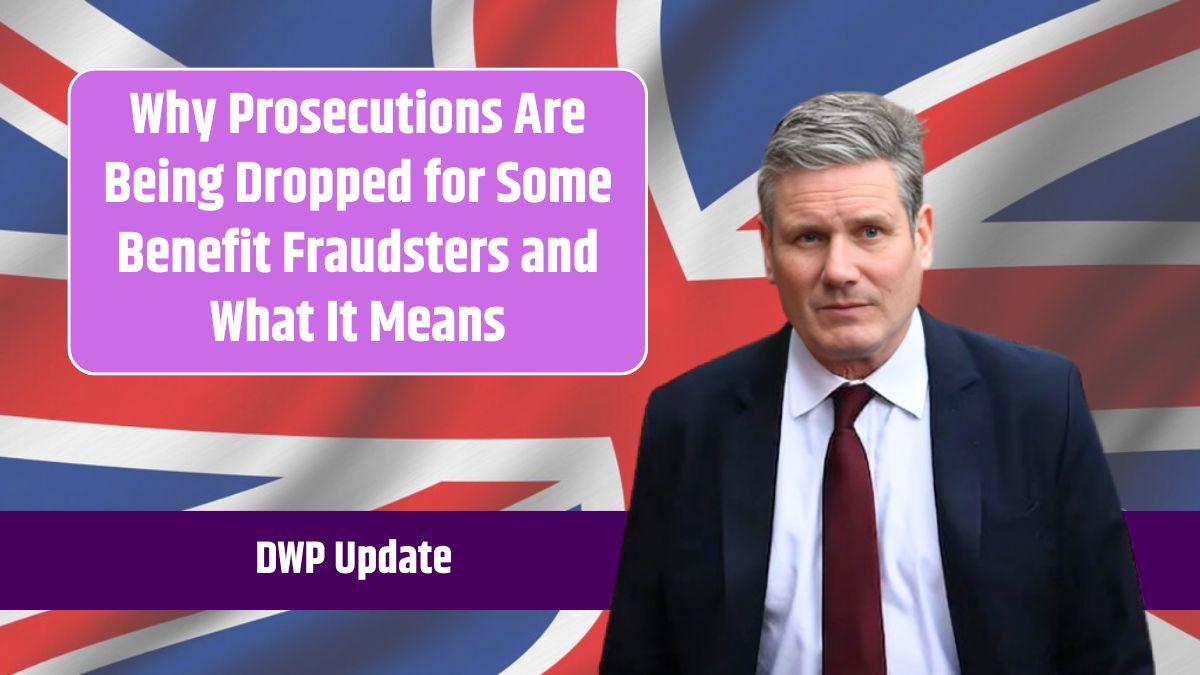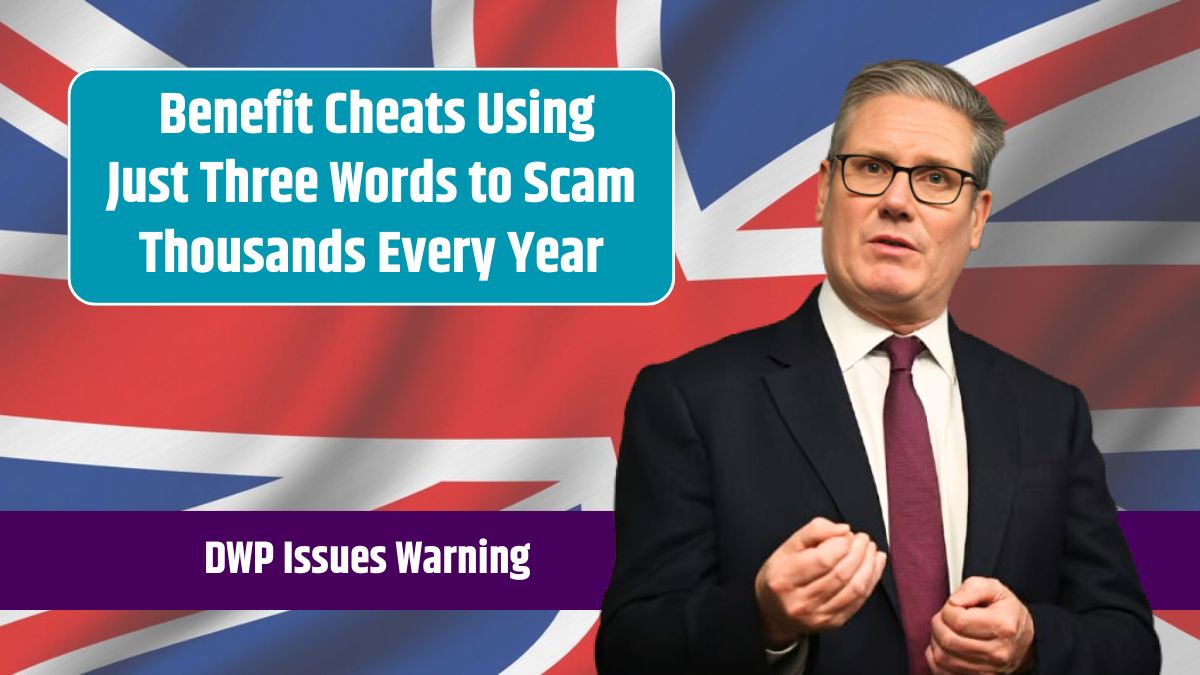The Department for Work and Pensions (DWP) has acknowledged that it cannot prosecute every benefit fraud case, as the sheer volume of fraud has overwhelmed the system.
Instead, the government is prioritizing large-scale, organized fraud rings, while using administrative penalties for smaller cases.
With fraudulent claims soaring from £2.1 billion in 2019 to £7.4 billion in 2024, the challenge of tackling fraud has never been greater. An additional £1.6 billion is lost due to genuine errors by claimants, further complicating the issue.
Fraud
During the Covid-19 pandemic, the DWP suspended claim verifications to ensure that financial support reached people in urgent need as quickly as possible. However, this opened the door for fraudsters to exploit the system.
Sir Pete Schofield, Permanent Secretary at the DWP, explained:
“Some days, we had 100,000 people claiming in one day. Our priority was to pay people, and we were very successful. But as a result, fraud and error entered the system.”
Between March and May 2020, 2.4 million Universal Credit applications were processed in just three months—a massive surge that made fraud detection almost impossible.
DWP Prosecute Every Fraudster
Neil Couling, Director General for Fraud, Disability, and Health at the DWP, said:
“Fraud is such a big volume that you can’t prosecute your way out of this problem.”
Instead, the DWP is reserving prosecutions for the worst, most organized fraud cases. For smaller-scale fraud, penalties such as fines and benefit reductions are applied instead of court action.
Criminal Case Backlog
Currently, 73,000 cases are awaiting trial in UK Crown Courts, creating a massive backlog that limits how many fraud cases can be prosecuted.
Government Fighting Back
To tackle fraud, the government plans to recruit 3,000 additional enforcement officers to recover £2.5 billion by 2029-30.
Anti-Fraud Legislation
A new law, the Public Authorities (Fraud, Error and Recovery) Bill, aims to give DWP fraud investigators more power.
Key features of the bill include:
- Driving licence bans of up to two years for convicted benefit fraudsters
- Search warrants allowing DWP officials and police to enter homes and seize computers, smartphones, and evidence
These new powers will strengthen the DWP’s serious organized crime team, making it easier to crack down on professional fraud rings.
Committing Fraud
Recent surveys show that the percentage of UK residents admitting to fraudulent activities against businesses or the public sector has risen from 8% to 12% in just two years.
Sir Pete Schofield warned MPs:
“We are fighting against these headwinds.”
However, MP Debbie Abrahams, chair of the Commons Work and Pensions Committee, urged caution:
“We need to be very, very careful before we suggest that fraud is a growing societal trend.”
With a Monday debate (February 3) set to discuss the new fraud crackdown measures, the government is under pressure to prove it can balance enforcement with fairness—and recover billions in lost taxpayer money.
FAQs
Why can’t the DWP prosecute all fraud cases?
The high volume of fraud and court backlogs mean only major cases are prosecuted.
How much has benefit fraud increased since 2019?
Fraudulent claims have risen from £2.1 billion in 2019 to £7.4 billion in 2024.
What caused the surge in benefit fraud?
The suspension of claim verification during Covid-19 allowed fraudsters to exploit the system.
What penalties does the DWP use for small-scale fraud?
Instead of prosecution, the DWP applies fines and benefit reductions.
What new anti-fraud laws is the UK introducing?
The new law allows driving bans and home searches for benefit fraud investigations.

















